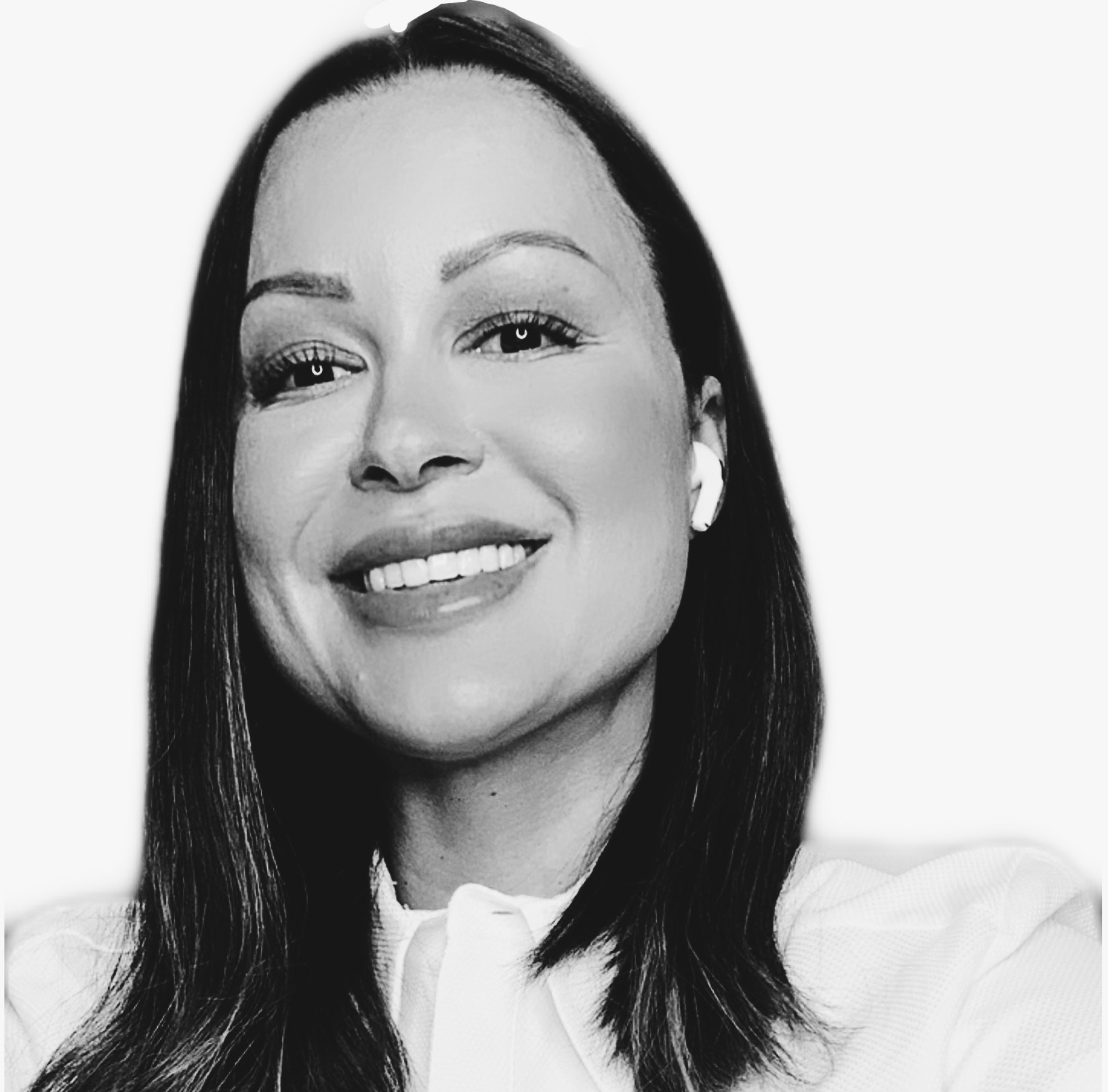Finance is an aspect of adult life the majority of us would rather delegate or dismiss. It is no fun to count on the dimes daily, stop and understand where all our revenues and expenses come from and how they add up. Thus, not surprisingly, 59% of American households do not follow a budget and 77% state they are not debt free, according to the U. S. Bank . In parallel, 46% of Brazilians are not in control of their personal economics and 59% are not able to finish the month with a positive balance in their accounts. Nonetheless, money is too important for the empowerment we will need to take purposeful decisions towards a better forthcoming. That is why none of us should afford to not learn how to deal with it.
In my second article to Thrive Global, Ten years after self-reflection, I dove in my past and reflected on the changes I made that redirected my life from a person who sought success only at work to a person who is willing to thrive in all areas of life. I then received feedback asking me to tell in more detail the steps I took. My next six articles will explore that and give practical guidance if you are also willing to make that switch (click here to follow my post agenda).
The most powerful choice I made was adjusting my relationship to financial affairs and here is how I did that.
Steps 1-3: Become aware of the obstacle, decide to change and educate yourself
Back in 2014, I used to live pay check to pay check. I was not even able to know exactly how much net salary I earned and what were my spendings in what categories. If I did loose my job then, I would not be able to live by myself for even a day, as I had no savings. My credit cards were loaded with very costly interest debts and on top of that, I tried assuming a mortgage on my own, after a divorce, and that had me with no leftover cash at the end of the month.
So after some reflection, I decided I could no longer carry on like that and should learn how to manage my finances. I looked for books, online courses, podcasts, videos and all sorts of content from experts on the matter and absorbed one to two hours of content every single day (click here for a list of finance resources I used).
Step 4: Keep track of earnings and costs
Then, I looked for an easy to use application that could help me keep track of my money in a simple way and I found Guia Bolso, a Brazilian start up aimed at doing that. It was integrated with all banks and credit cards and that was handy and practical. I started using it daily right away.
Step 5: If in debt, tackle one by one
I listed from the smallest to the biggest debt I had. After that, I focused on paying off one a month or gathering the money to have it paid as soon as I could save for the total amount of it. No purchases or unnecessary spendings for a year was also part of the plan. At that point, I entered in contact with each establishment I was in debt with and negotiated it all to the minimum, eliminating abusive interest. Besides, I hired a new real state agent to try and get rid of my mortgage faster, letting no arrears unattended.
Step 6: Start saving
After one year of hard work, I paid, broke and canceled each credit card on my wallet. Next, I started saving around 70% of what I made and in another year I advanced from being a personal finance mess to almost a finance expert. My progress was so remarkable and consistent, I was top 1 comparable example to other users of the Guia Bolso app and invited by their team to record a video sharing what I had learned in my journey (watch it here).
Step 7: Invest and plan for the approaching 20 years
As I grew on this path, I subscribed for a company in Brazil that educates private investors who start from scratch (Empiricus). I hired most of their services and read all I could for about an hour a day, for the next 4 years.
I created a monthly excel sheet that shows my earnings up until I become 102 years old. Additionally, my husband joined me every Sunday (our future day) to help me build an investment portfolio that is well varied and aimed for our next two decades together.
If anything happens in the short run, we’ve got that covered, so I am no longer overly stressed about immediate crises. Having learned what financial independence means and the freedom of choice it will give me, I have decided this is what I want for my life. I am still a long time away from it, but I know what my goal is and what I need to do today to get there, so I waste nor time nor money anymore.
Take action right away.
Send me a direct message if you feel I can be of help, I will respond. #Let’sGrow


